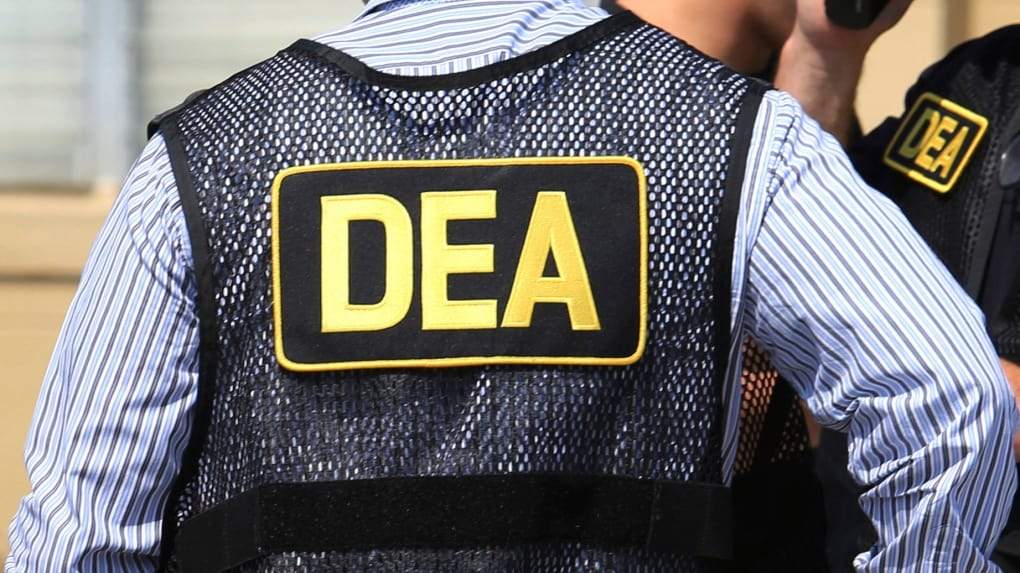Mexican Senate Approves Law Limiting U.S. Agents
Wednesday, December 16, 2020
Categories: ASCF News Emerging Threats National Preparedness

Mexico’s Senate has approved a proposal from President Andrés Manuel López Obrador to restrict U.S. agents in Mexico and remove their diplomatic immunity. The bill must still be approved by the lower house.
It requires all foreign agents, from any country, to share all information they gather with Mexican authorities.
The law passed in the Senate Wednesday on a 72-14 vote with only minor modifications, including a vague promise to keep confidential any information shared with Mexico.
Mexico has traditionally both relied on U.S. agents to generate much of its intelligence information on drug gangs, while often leaking such information; some corrupt officials have at times shared it with drug cartels.
The law did include a frank acknowledgement that foreign agents would be allowed to carry weapons in Mexico; it “authorizes them to carry such weapons as the Defense Department sees fit.”
The proposal submitted by López Obrador would require Drug Enforcement Administration agents to hand over all information they collect and require any Mexican officials they contact to submit a full report to Mexican federal authorities.
Read more: Mexican Senate Approves Law Limiting U.S. Agents | Newsmax.com
In most countries, the chief DEA agent in the country often has full diplomatic immunity and other agents have some form of limited or technical immunity. The bill eliminates all immunity.
Mike Vigil, the DEA’s former chief of international operations, predicted that the information is "going to be leaked, it’s going to compromise agents, it’s going to compromise informants,” Vigil said.
The history of leaks is well documented. In 2017, the commander of a Mexican police intelligence-sharing unit that received DEA information was charged with passing the DEA data to the Beltran Leyva drug cartel in exchange for millions of dollars.
The proposed changes also specify that any Mexican public servant — state, federal or local — who has as much as a phone call or text message from a U.S. agent would be required “to deliver a written report to the Foreign Relations Department and the Public Safety Department within three days.”
“It’s just going to make a burdensome system,” Vigil said, adding, “It is going to hinder bilateral operations, it is going to hinder bilateral exchange of information. This is going to be much more detrimental to Mexico than to the United States.”
Read more: Mexican Senate Approves Law Limiting U.S. Agents | Newsmax.com
Source: https://www.newsmax.com/world/theamericas/mexico-us-agents/2020/12/10/id/1000867/
Photo: This June 13, 2016 file photo shows Drug Enforcement Administration (DEA) agents in Florida. (Joe Burbank/Orlando Sentinel via AP, File)




